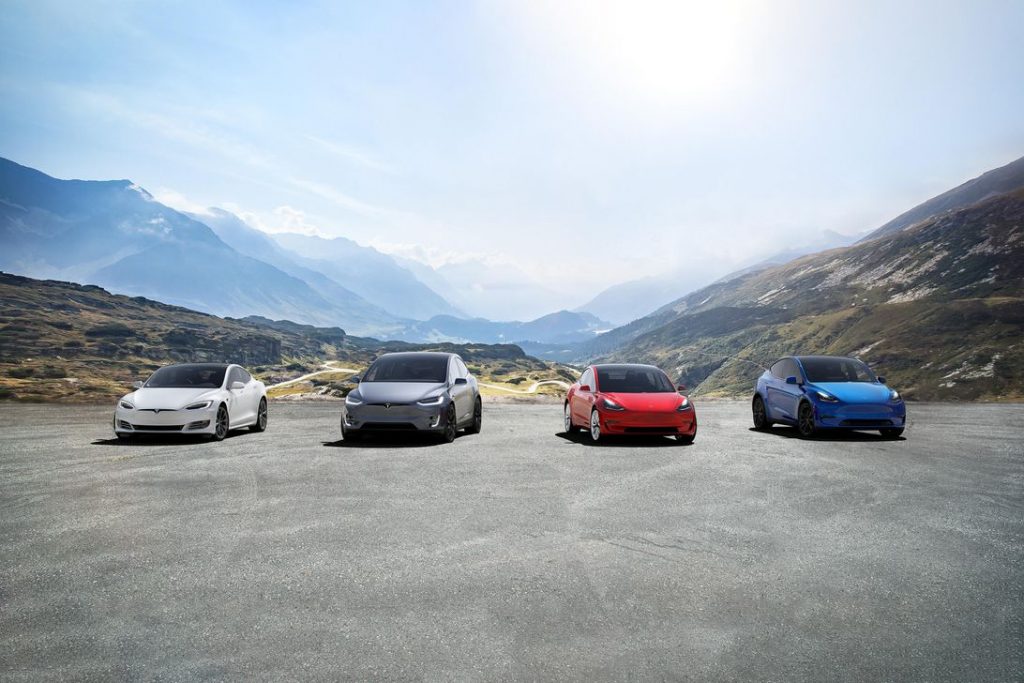Elon Musk’s battery vision not yet included
The Tesla CEO seeks incremental upgrades to EV technology at the company, whose core business remains unprofitable. But the $US395b equity valuation anticipates exponential improvements in performance.
Two years ago the chief executive of Tesla declared that a $US25,000 ($35,000) car model could be three years away. On Tuesday (Wednesday AEST) he announced that the low-cost version was in fact another three years away and required a battery overhaul.
Musk’s distracting tendency to over-promise should not overshadow Tesla’s achievements. Yes, he claimed fleets of robo-taxis would be roaming the streets by now and Los Angeles traffic would be underground. But in the past two years Tesla has overcome production hold-ups, secured plentiful financing and opened a Chinese plant.
Consumer interest in electric cars only grows. Data provider PitchBook expects the market for plug-in hybrid and battery-powered vehicles to quadruple to $US415 billion by 2025.
The self-distanced audience of shareholders sitting inside parked cars at the company’s “Battery Day” presentation heard of plans to halve battery pack costs, partly by reducing use of cobalt in favour of cheaper nickel. Cobalt’s ugly environmental footprint is another concern.
The cheapest Tesla is currently a $US37,990 Model 3. This is not too much more than the average price for a new vehicle in the US, according to Statista. But the Model 3 has a driving range of just over 400 kilometres. A Tesla-produced battery promises to not only cut costs but increase range.
Moving battery cell production in-house is the sort of costly, ambitious plan that Tesla shareholders should be primed for — particularly after the company revealed $US8.6b of cash and equivalents at the end of the last quarter. No wonder shares in electric vehicle battery makers Panasonic, CATL and LG Chem fell more than 4 per cent on Wednesday.
Musk seeks incremental upgrades to EV technology at Tesla, whose core business remains unprofitable. Meanwhile, the $US395 billion equity valuation anticipates exponential improvements in performance.
More deadlines will whoosh by, reflecting the gap between those expectations and reality.
Financial Times
